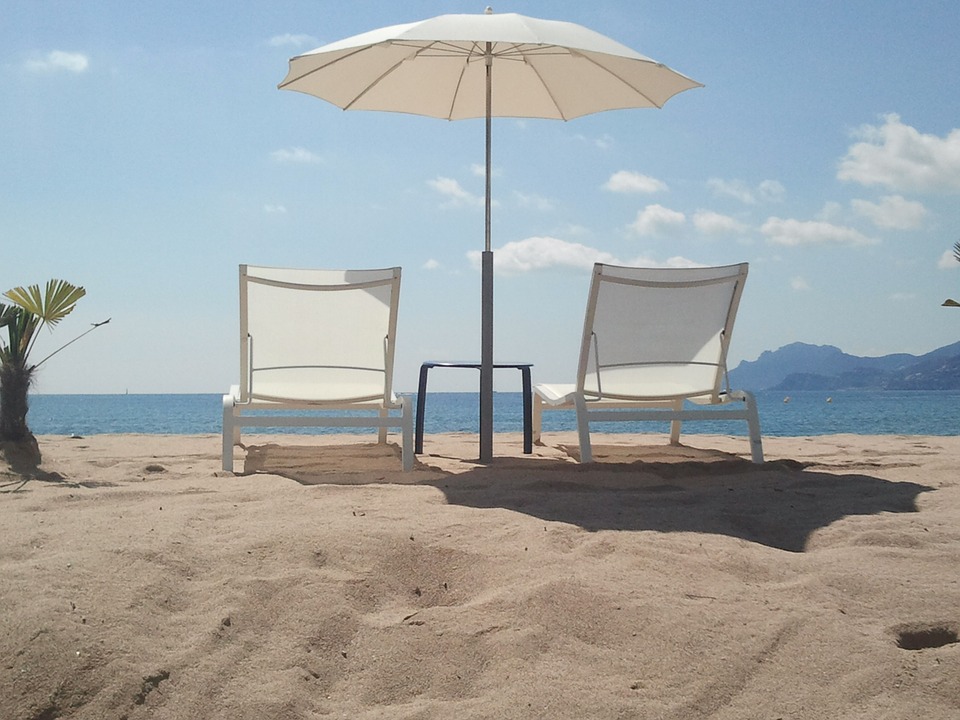The Foreign & Commonwealth Office currently advises British nationals against all but essential international travel. There are some countries and territories that are exempt, but the advice is under constant review and the decision to impose quarantine on travellers may be very sudden, as was the case with Spain being taken off the exemption list last month.
This change had an immediate effect on many British holidaymakers who had travelled to Spain before the government’s announcement. Currently, anyone who enters the UK and has travelled to any country, not on the exemption list has to self-isolate for 14 days even if they have only stopped in that country in transit.
Failing to adhere to the quarantine imposed in England and Wales can result in a fine of up to £1000 and possible removal from the country for visitors who do not live in the UK.
How can employers and employees prepare for the eventuality of quarantine following annual leave?
Employees who are expected to quarantine themselves following their recent holiday should not be penalised, especially if the quarantine rules have changed since they went away. However, currently there are no laws in place protecting the employees from being penalised.
Employers should have open discussions about any travel plans with their employees especially if the employees would like to visit any countries or territories that are not currently on the exemption list and would, therefore, result in a two-week self-isolation upon their return.
Employers need to plan for the impact on their employees’ work in case of a 14-day quarantine. They should assess how it will affect the wider team and business, even if their employee will be travelling to a country that currently doesn’t require them to self-isolate on their return as the changes might be imposed during the employee’s leave.
Can people who are under quarantine work?
Employees who need self-isolate for 14 days due to the travel quarantine cannot leave their house, so if their role allows them to work from home and they have agreed to do so with their employer, there is nothing stopping them from working.
However, any employee who has to leave their house to be able to do their job will not be able to do so and the employer must not ask them to come to work. If anyone who should be self-isolating turns up at work, the employer should send them home immediately.
Therefore anyone who cannot work from home, will not be able to work during the imposed quarantine, which leaves only a few options for them and their employer to explore.
Employees could take annual leave or unpaid leave for the time that they have to stay at home, but this should be agreed or at the very least discussed with the employer prior to travelling, allowing both to prepare accordingly.
Additionally, the employer may wish to explore the furlough (temporary leave) scheme with the employee if it’s applicable in their circumstances.
Would employees be entitled to Statutory Sick Pay if they have to self-isolate because of a travel quarantine?
According to ACAS employees who are required to self-isolate due to the imposed travel quarantine are not entitled to Statutory Sick Pay if they are self-isolating after returning to the UK and cannot work from home.
For more information or to discuss your current employment situation please call 0161 930 5151 or email employmentteam@gorvins.com

